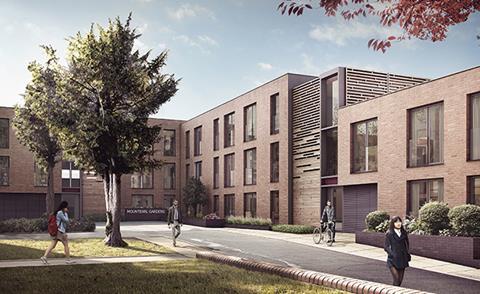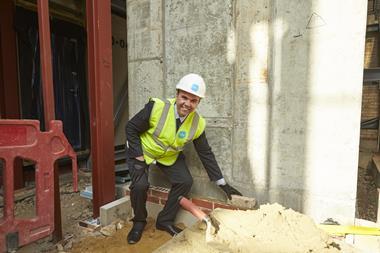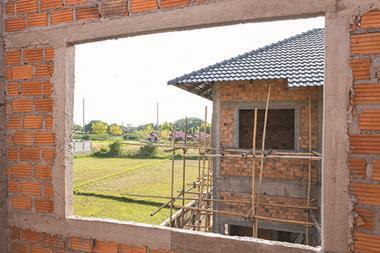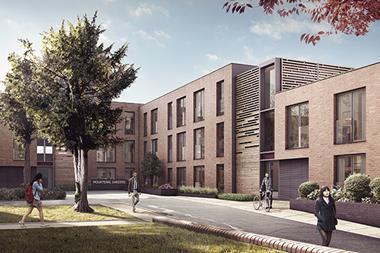When someone says ‘factory-built homes’, the image that often comes to mind is the flimsy prefabs that sprang up across the UK post war.

In the aftermath of the Second World War, housing demand was immense, but the country’s ability to get homes built was crippled by a shortage of available material and skills. Housebuilders began prefabricating homes in factories and then assembling them on building sites to minimise waste and ensure they were built more speedily.
Today the UK’s housing need is just as acute. To meet existing demand, we need to build at least 250,000 new homes each year. Currently we manage to construct around 130,000.
There is no silver bullet to resolving the housing crisis. However, it is clear that Theresa May’s team in Whitehall and Sadiq Khan’s in City Hall have noted the rise of factory-built homes and that they could help in a huge way to get Britain building at scale. Factory-built homes today are not the creaky versions of yesteryear. Many are innovative modular units that can be craned into building sites and are sleek yet robustly designed.

Rumours that the government is planning to deliver more of this type of housing through a multi-billion-pound fund, administered by the Homes and Communities Agency, should be welcomed. It is especially encouraging that those already building modular will take precedence in access to these loans. There aren’t many developers using modular construction because it isn’t currently a cheaper way of building. Therefore any government support to grow this sector could make a huge difference.
However, we must ensure that this money goes to delivering homes ordinary people can afford and that the big developers don’t swallow up all the available funding. If SMEs are able to fully take advantage of the government’s new programme, we can ensure even more homes are delivered.
Shaves 6 months off construction
At Pocket, we have used modular construction to speed up the delivery of affordable homes for first-time buyers in London.
Over the summer, we installed more than 100 factory-built Pocket homes on three sites across Lambeth and we have hundreds more planned.
Our modular homes are identical to the high-quality and well-designed one-bed flats we deliver for first-time buyers in the intermediate housing market.

There are many benefits to employing modular. It minimises disruption for local residents as it requires 60% fewer trucks coming on to the site and cuts waste by 90%, so estate infilling becomes a real possibility. More significantly, it shaves six months off the construction time of a traditional development.
With a new tranche of government-backed incentives around the corner, many developers who have not been in the modular game will start to eye it up. Before they get involved they need to know how best to work with factory developers. Modular is going to be one of the top subjects at the RESI conference. Part of the conversation should centre on how end-user developers can be good modular clients and that means design consistency must be at the centre of our thinking.
The secret to delivering modular effectively is working with a contractor that has a strong management culture rather than being blindsided by technology. Good modular contractors are not only fabricators - they think like developers. Their approach is integrated and links groundwork with construction and aftercare.
It is an exciting time to be delivering modern factory-built homes in the UK and we hope that more developers enter the market.
A larger, more competitive sector (with more SME developers) will ensure we see more creative uses of modular construction and that in turn will help more people fulfil their dream of home ownership.
If you want to come and see our modular homes in Lambeth, do give us a call: we’re proud of these fabulous homes.
Marc Vlessing is co-founder of Pocket































No comments yet